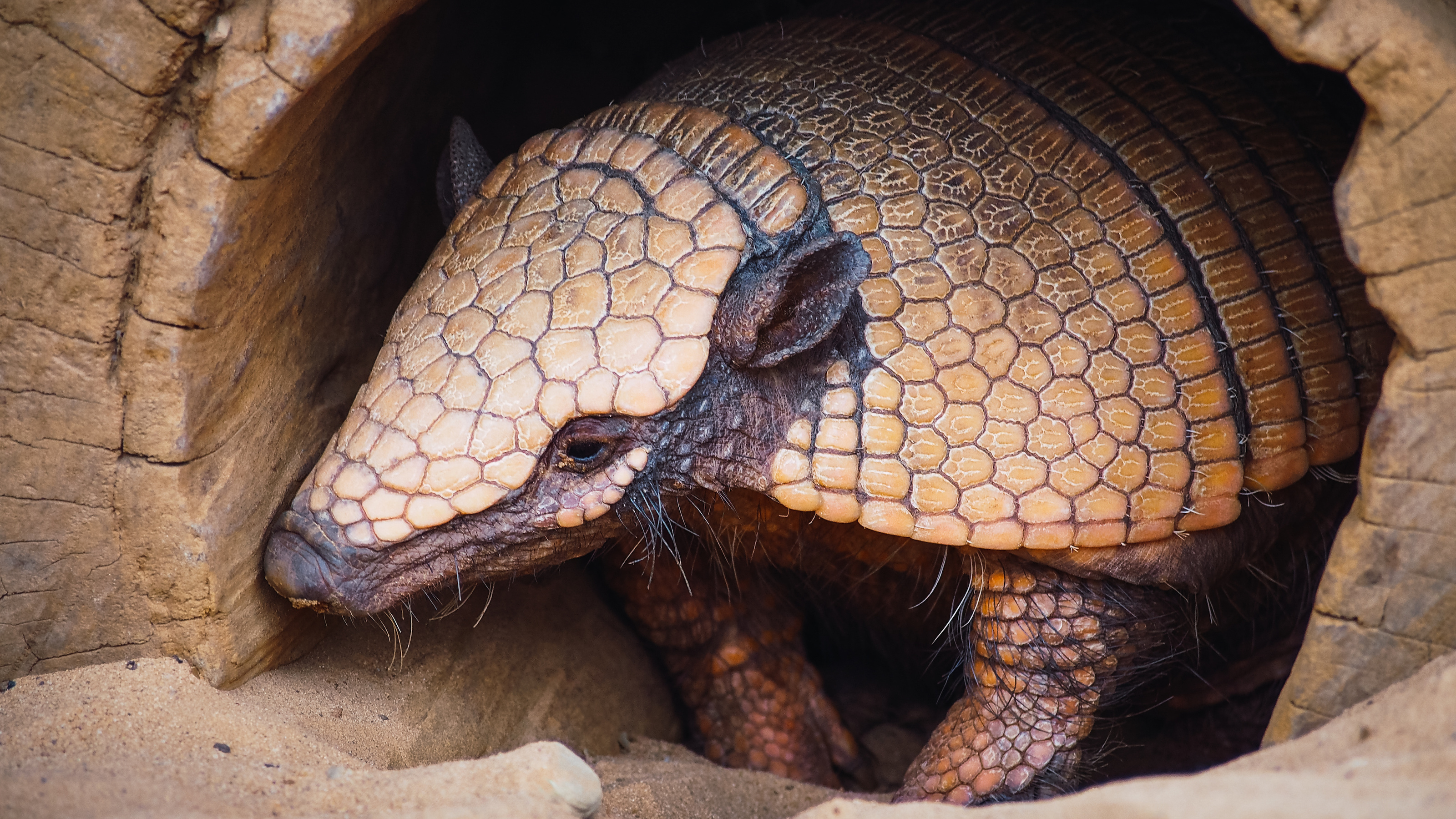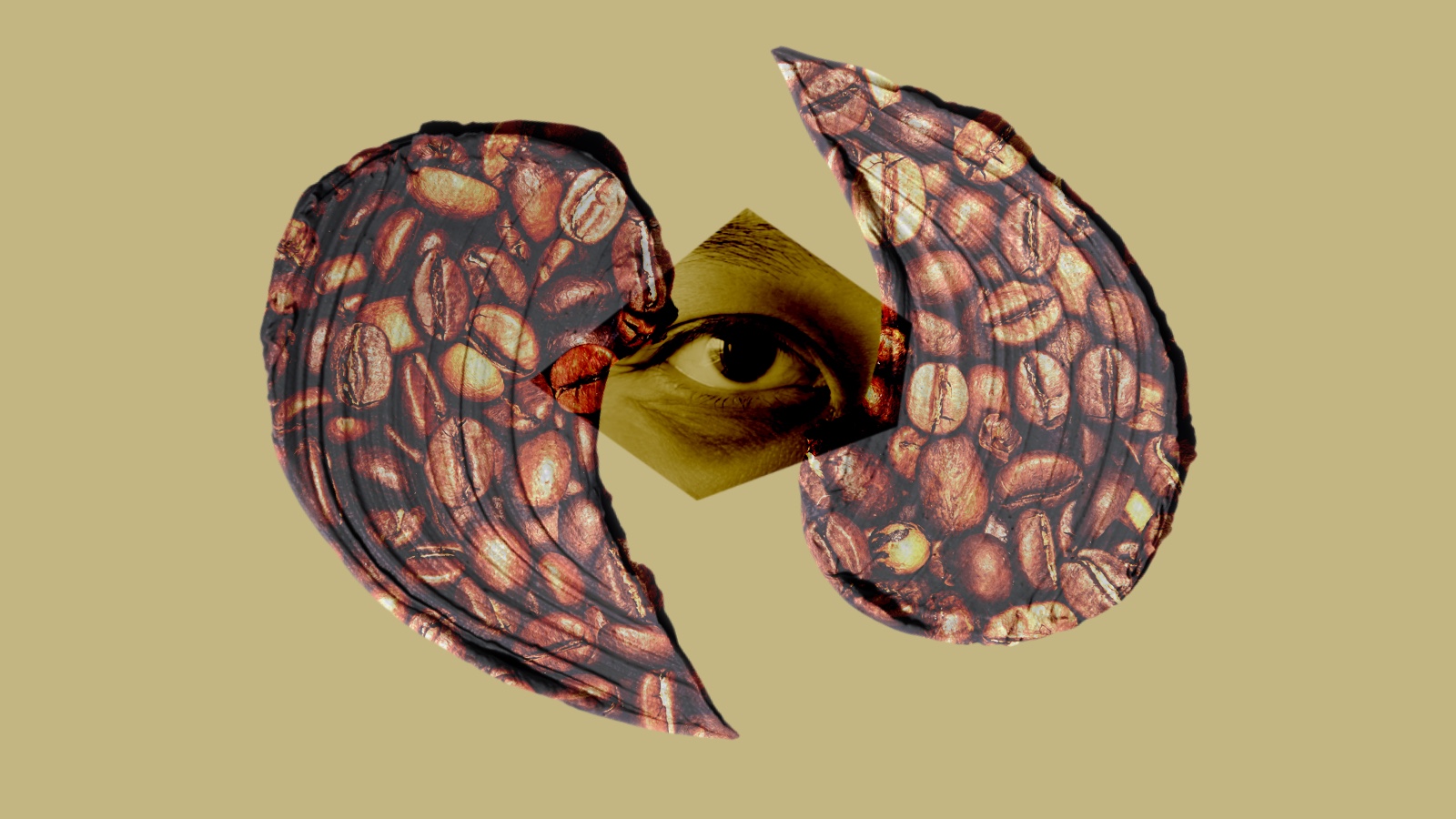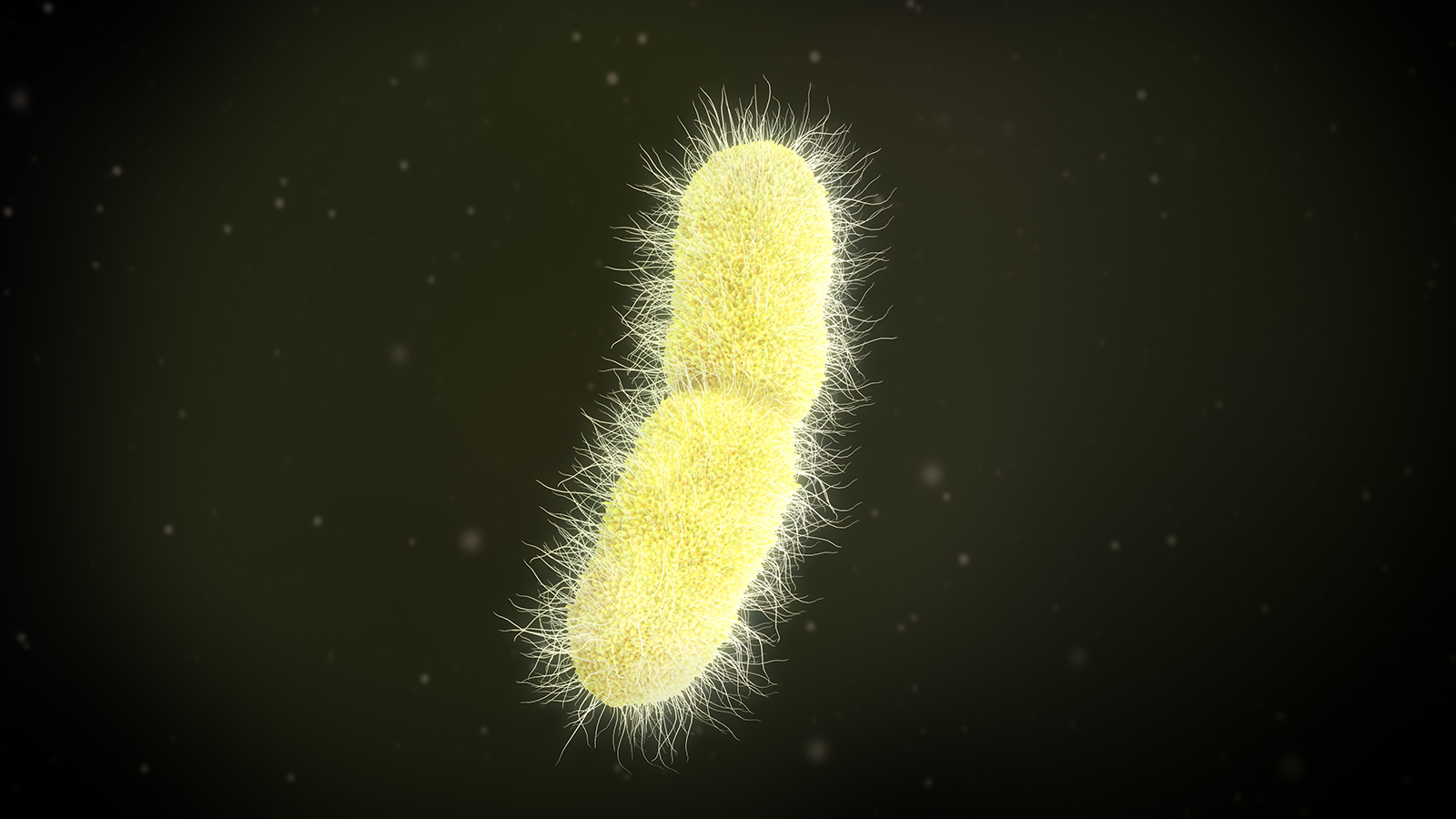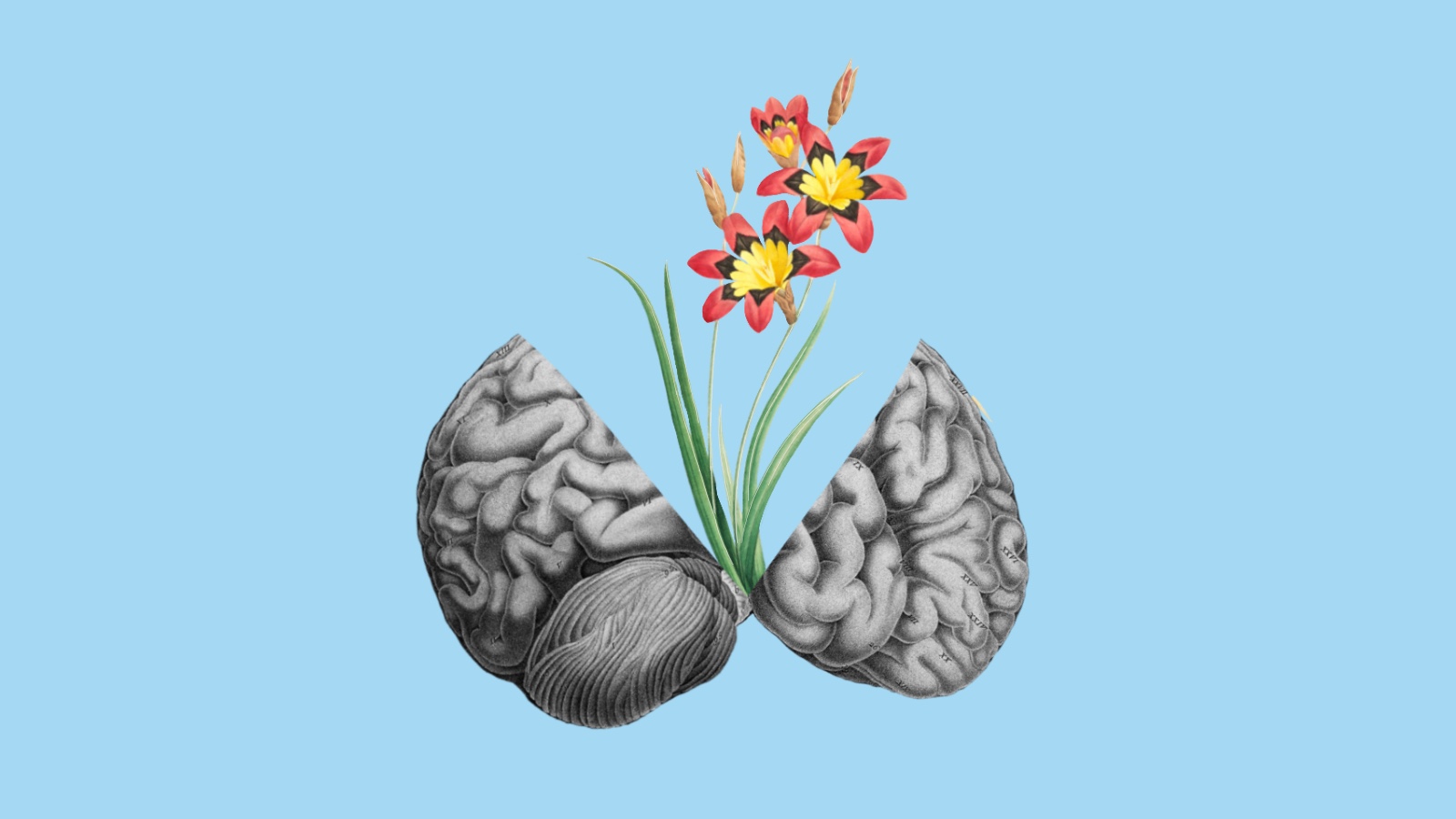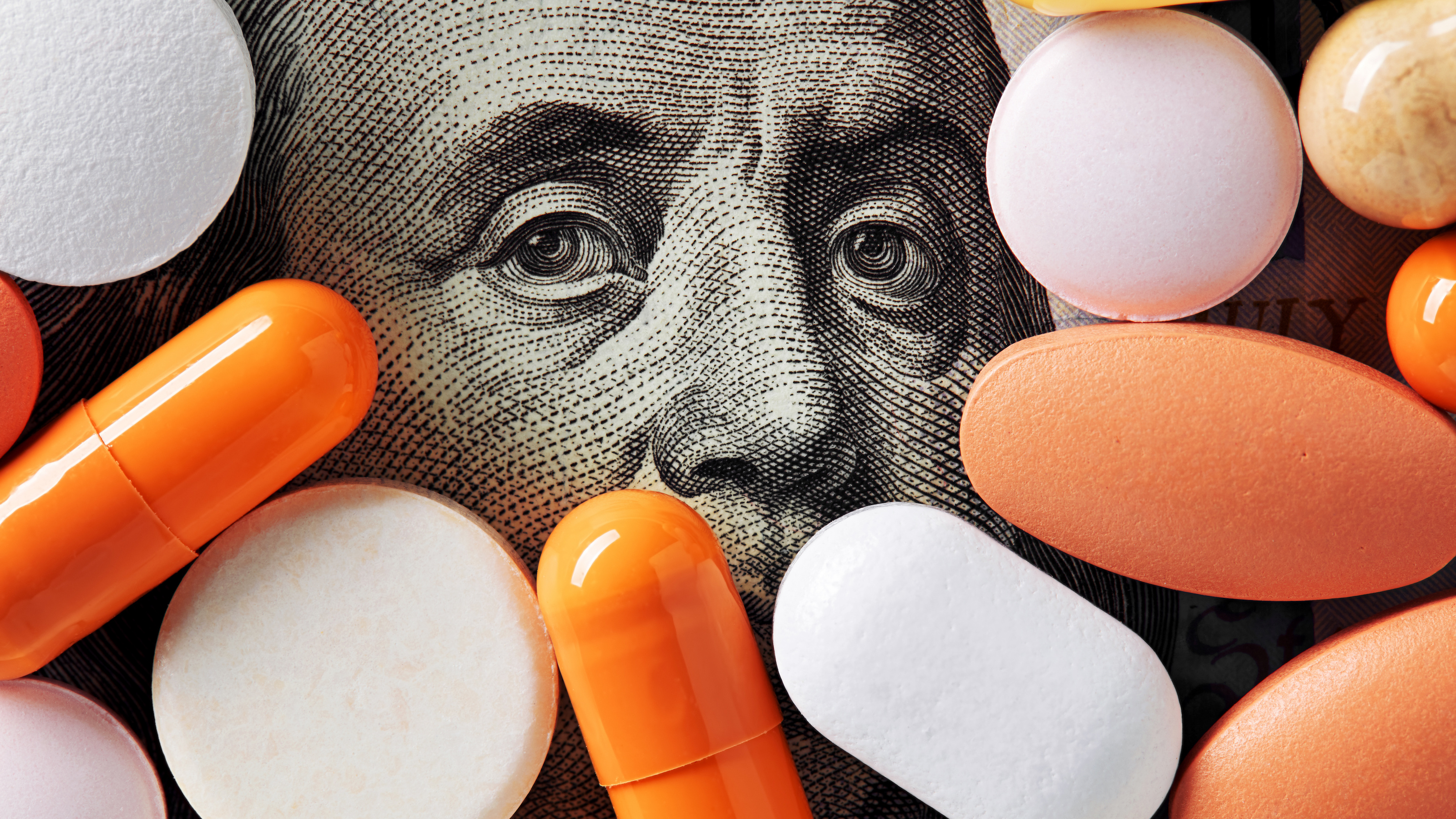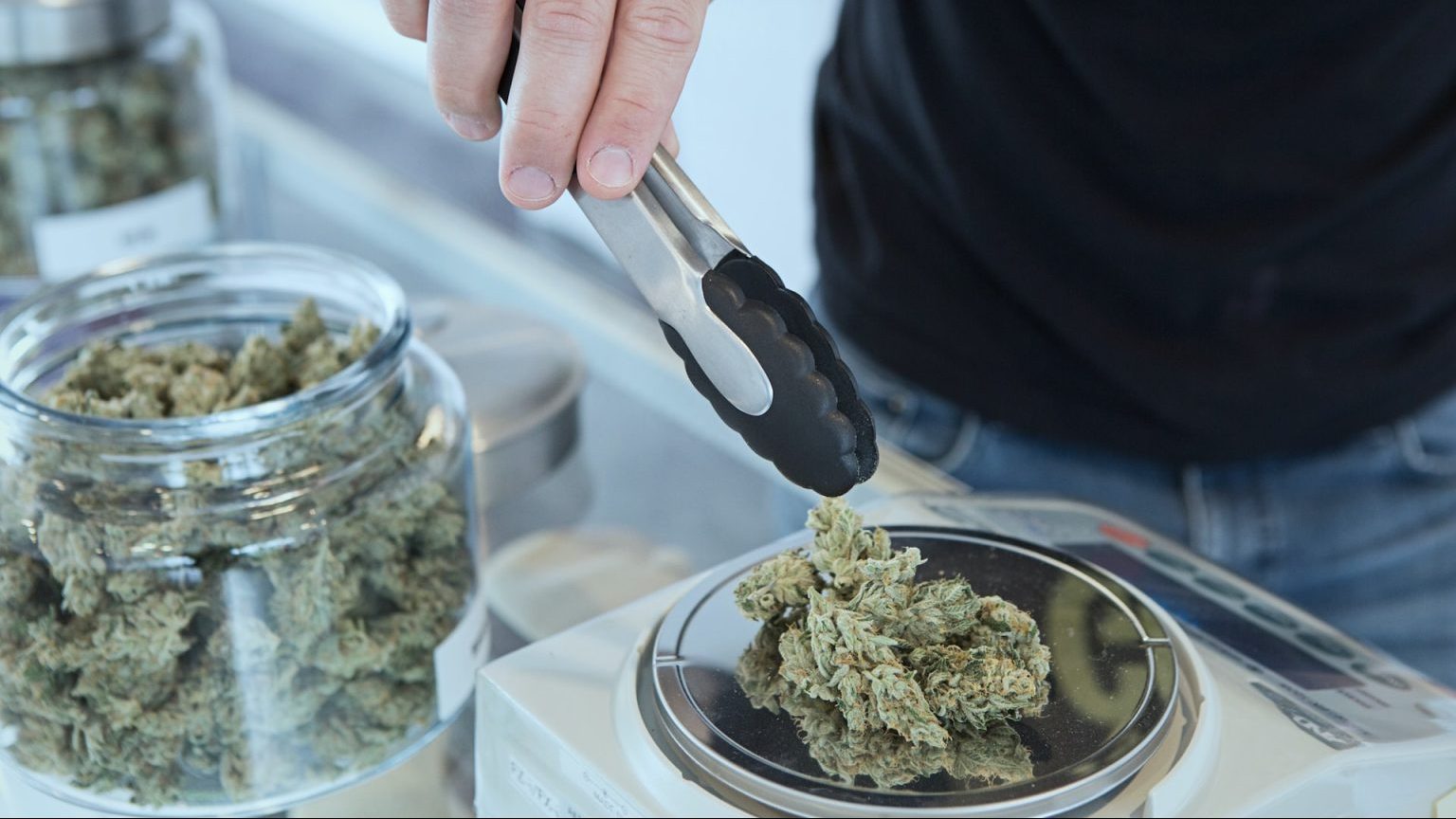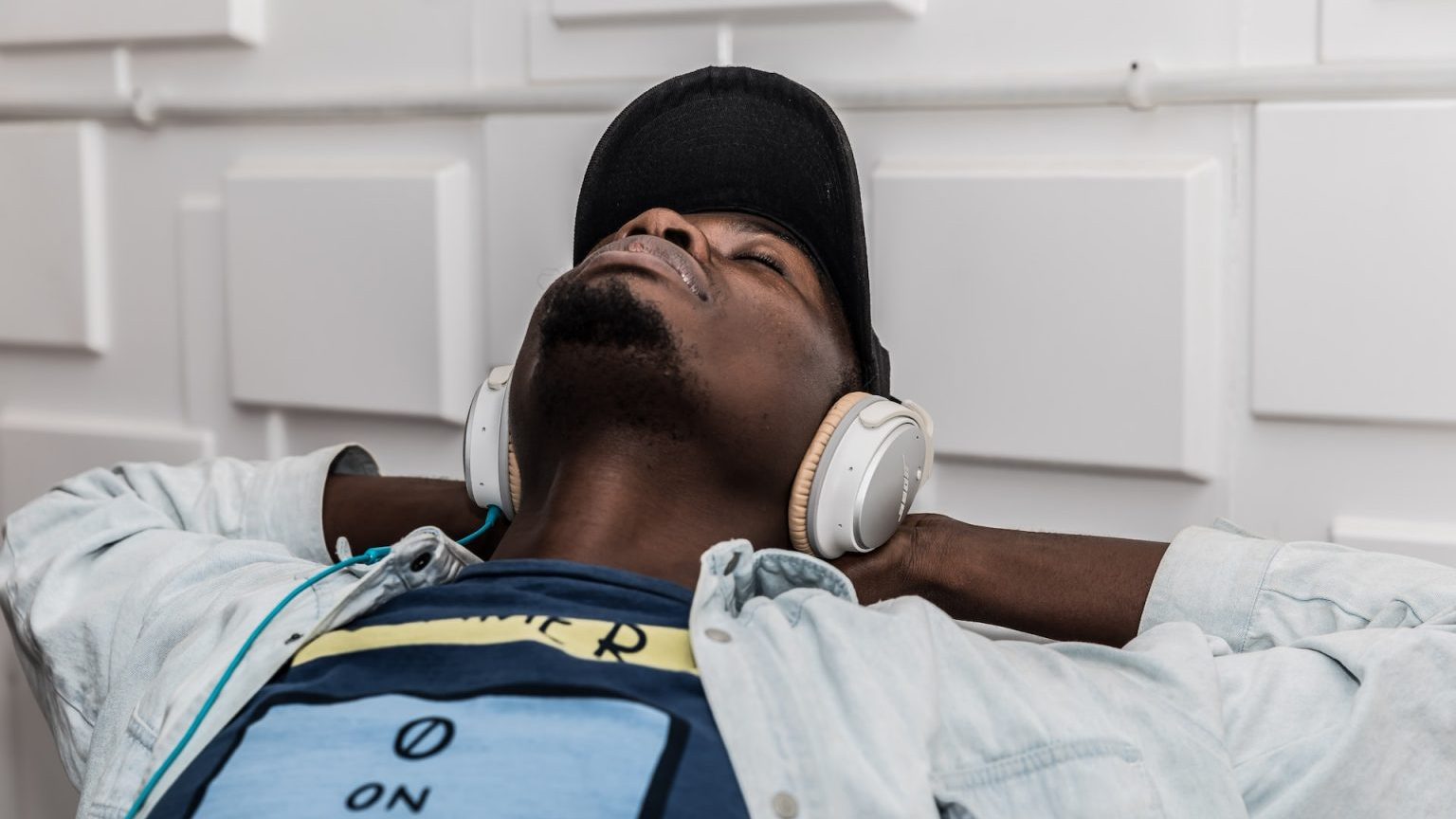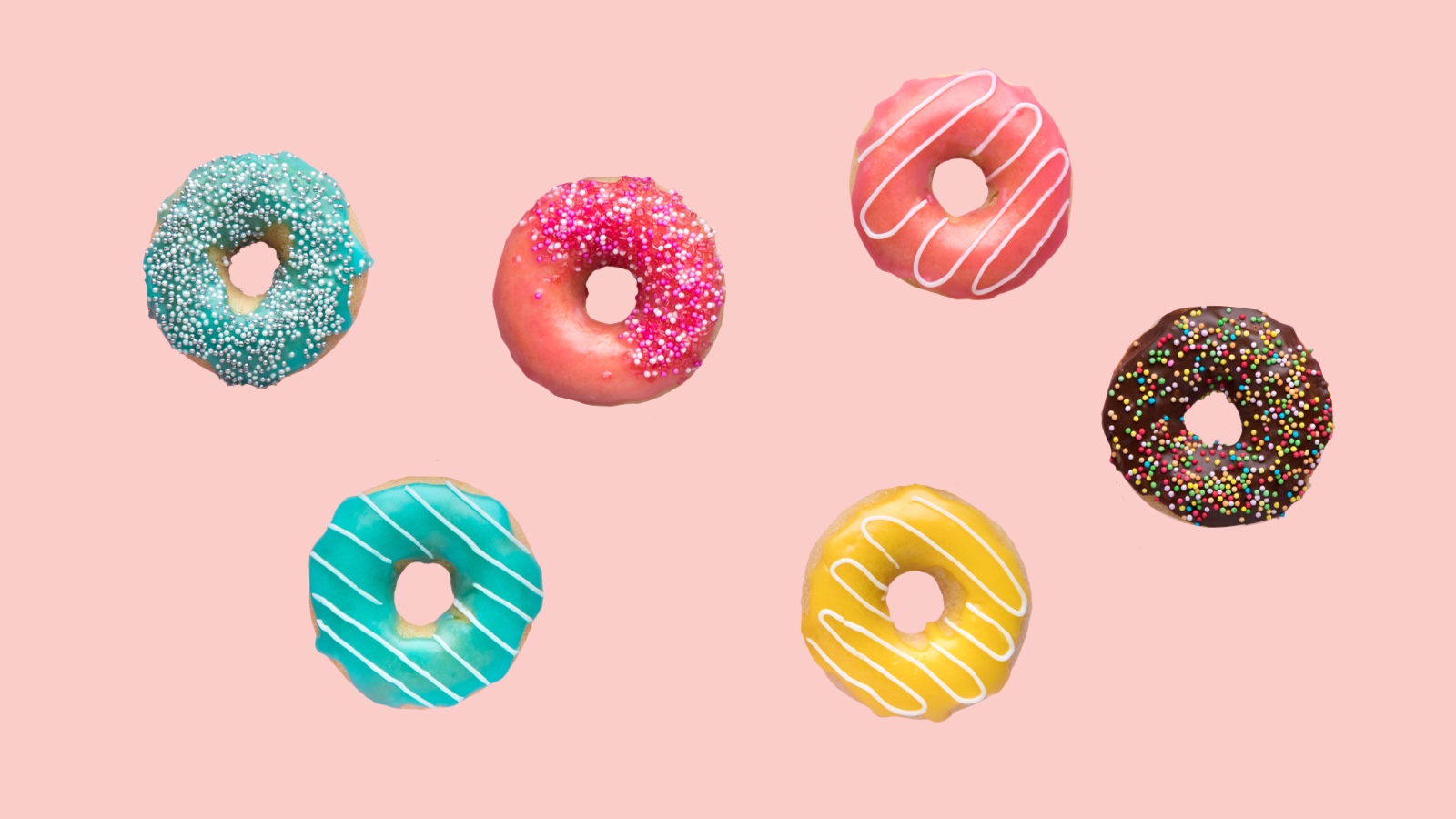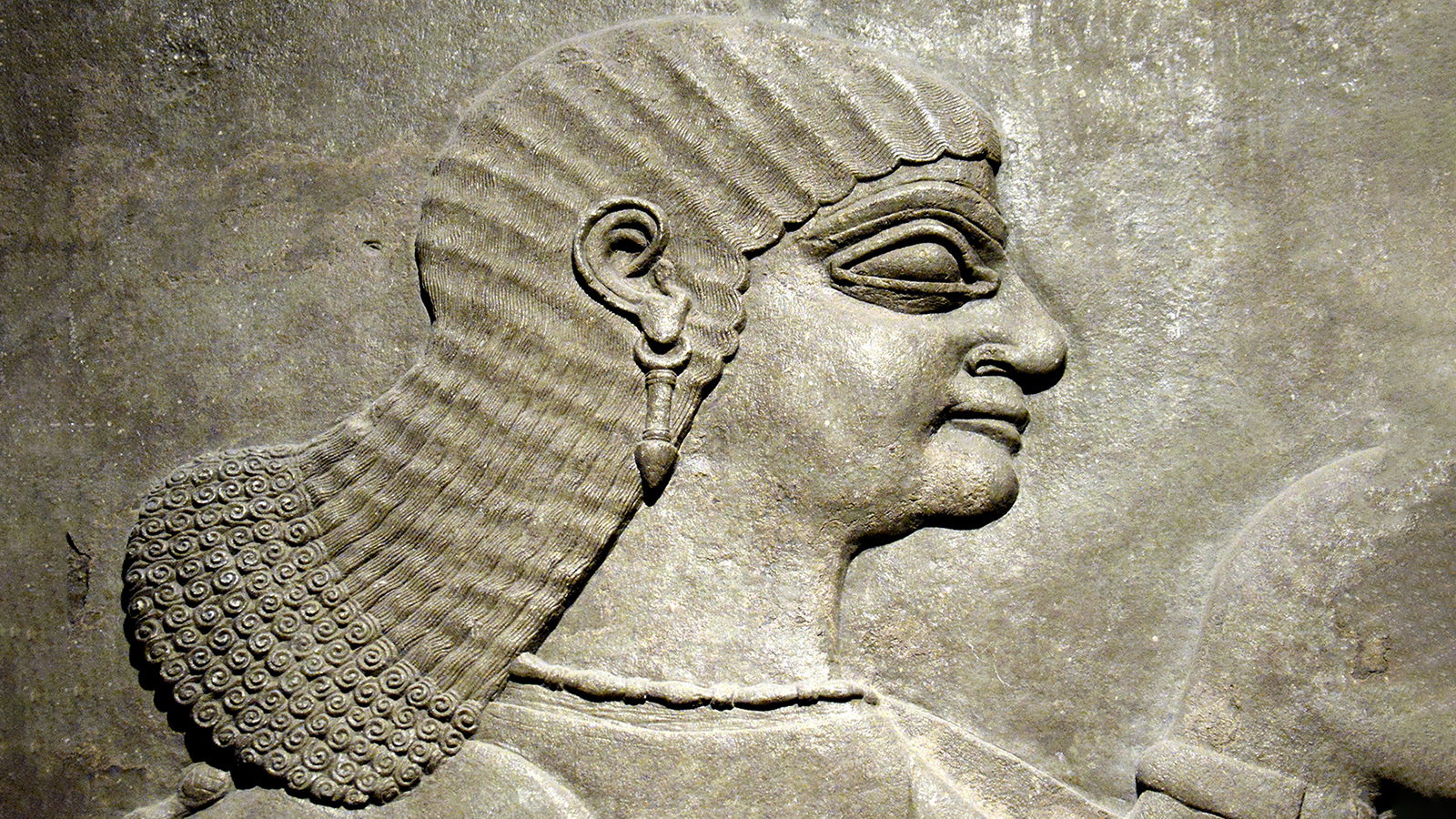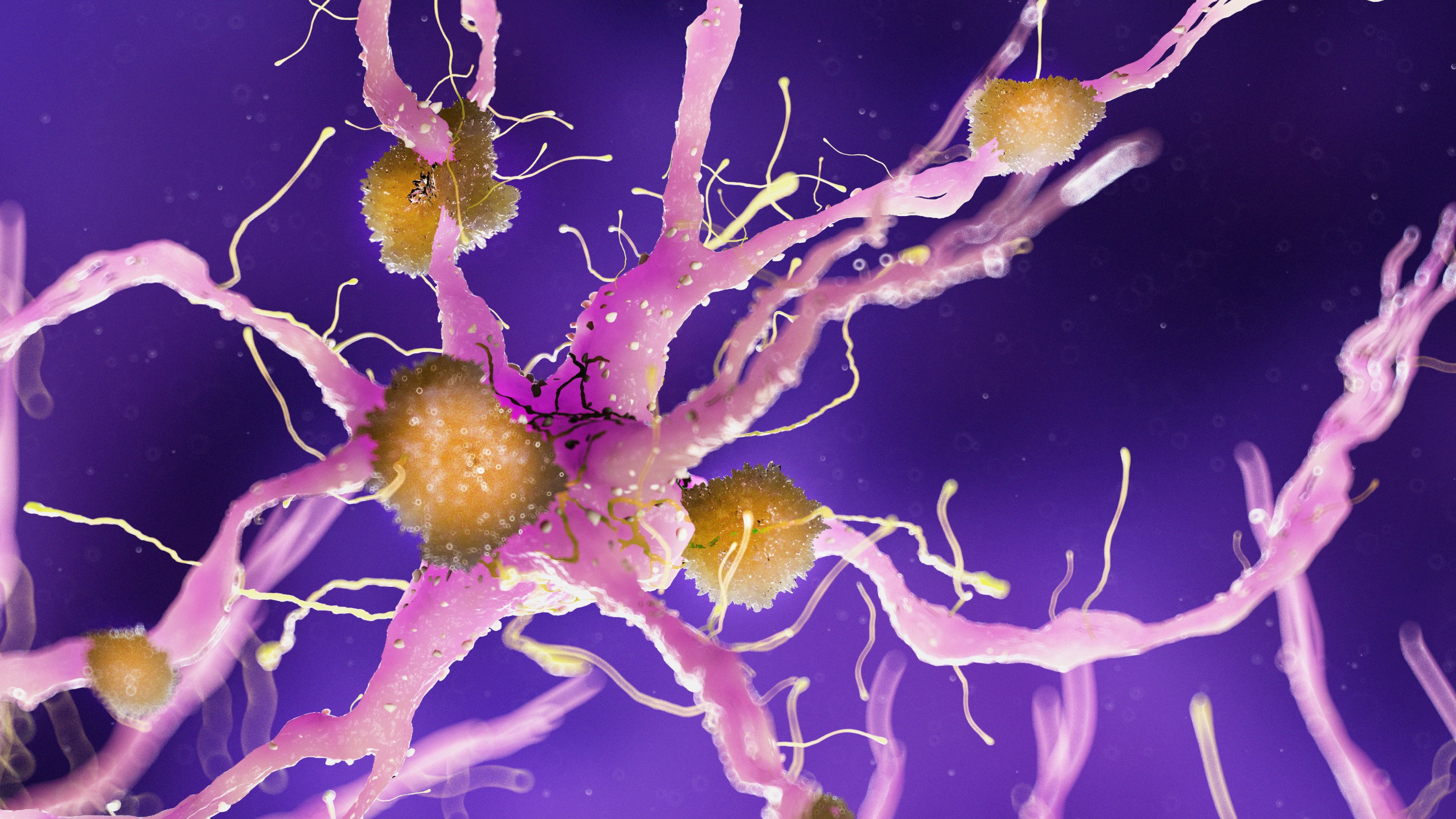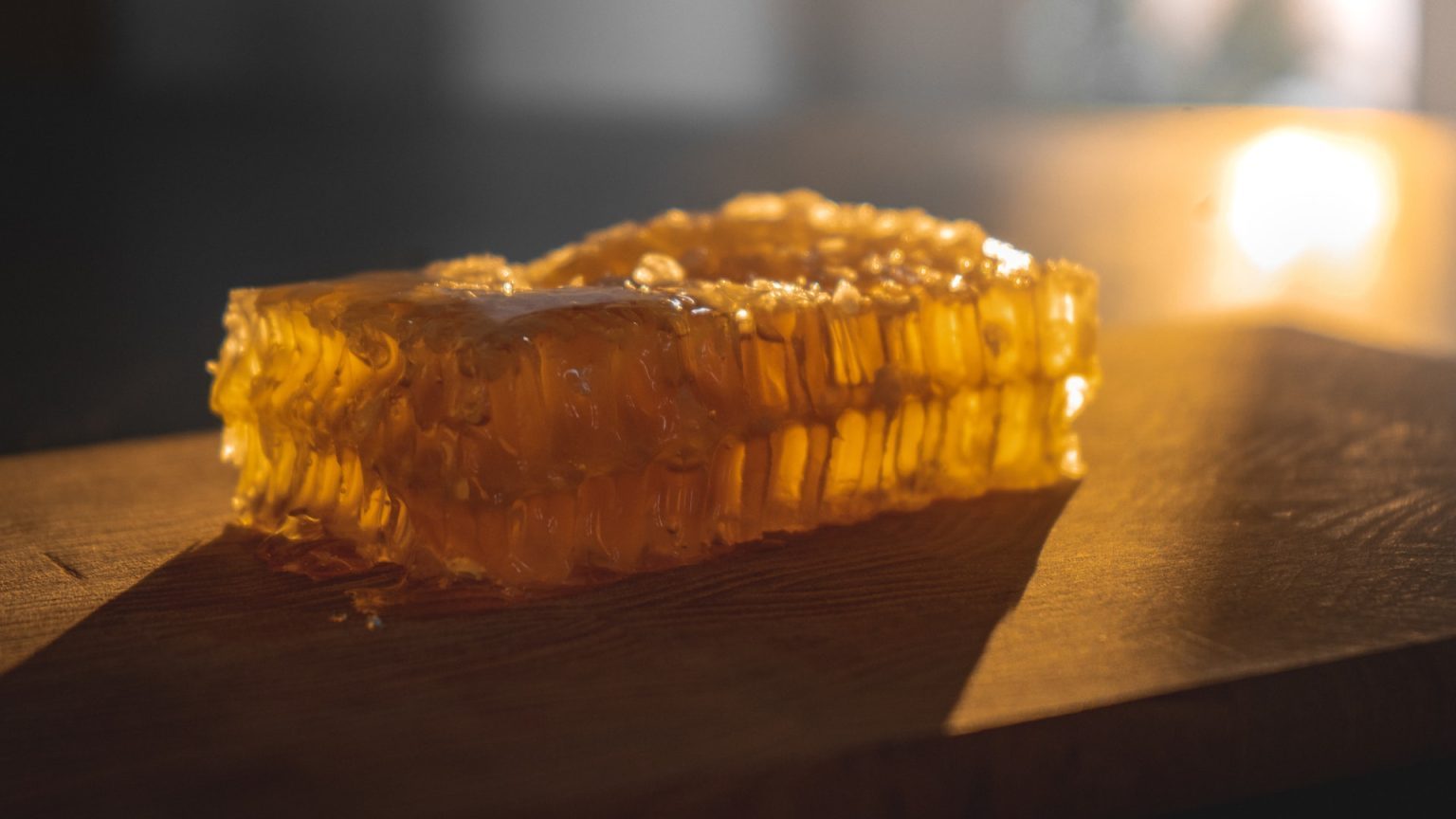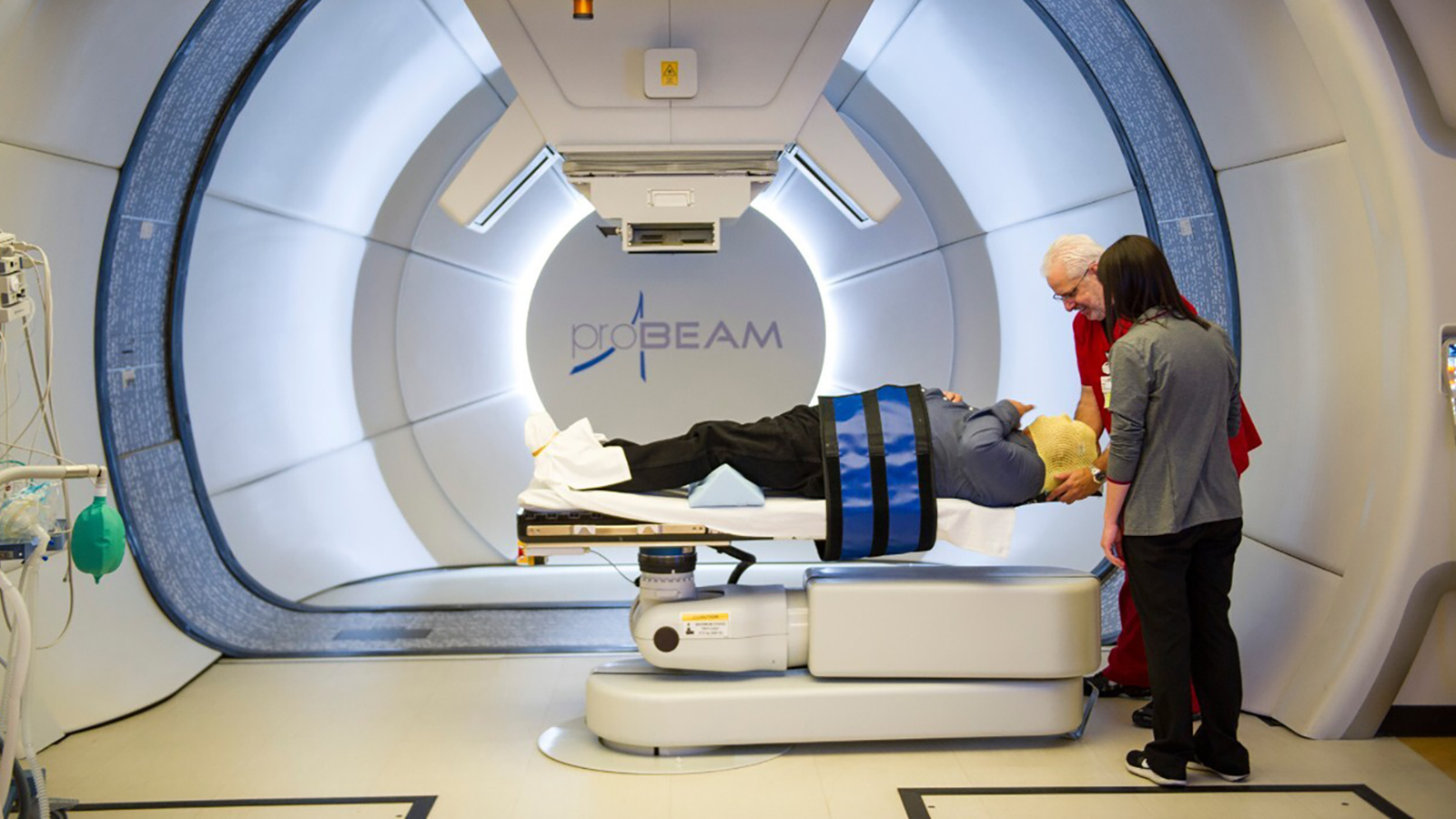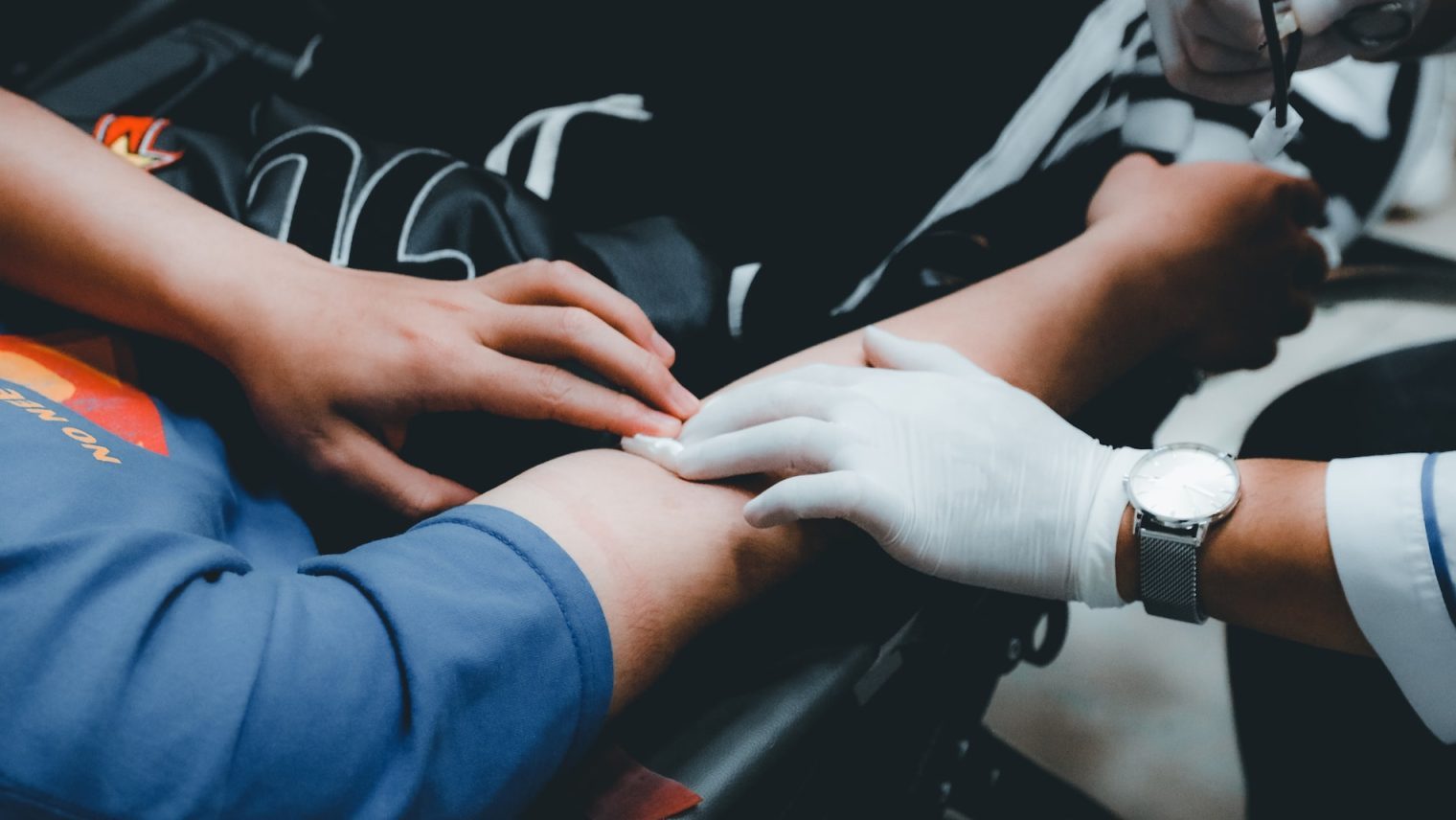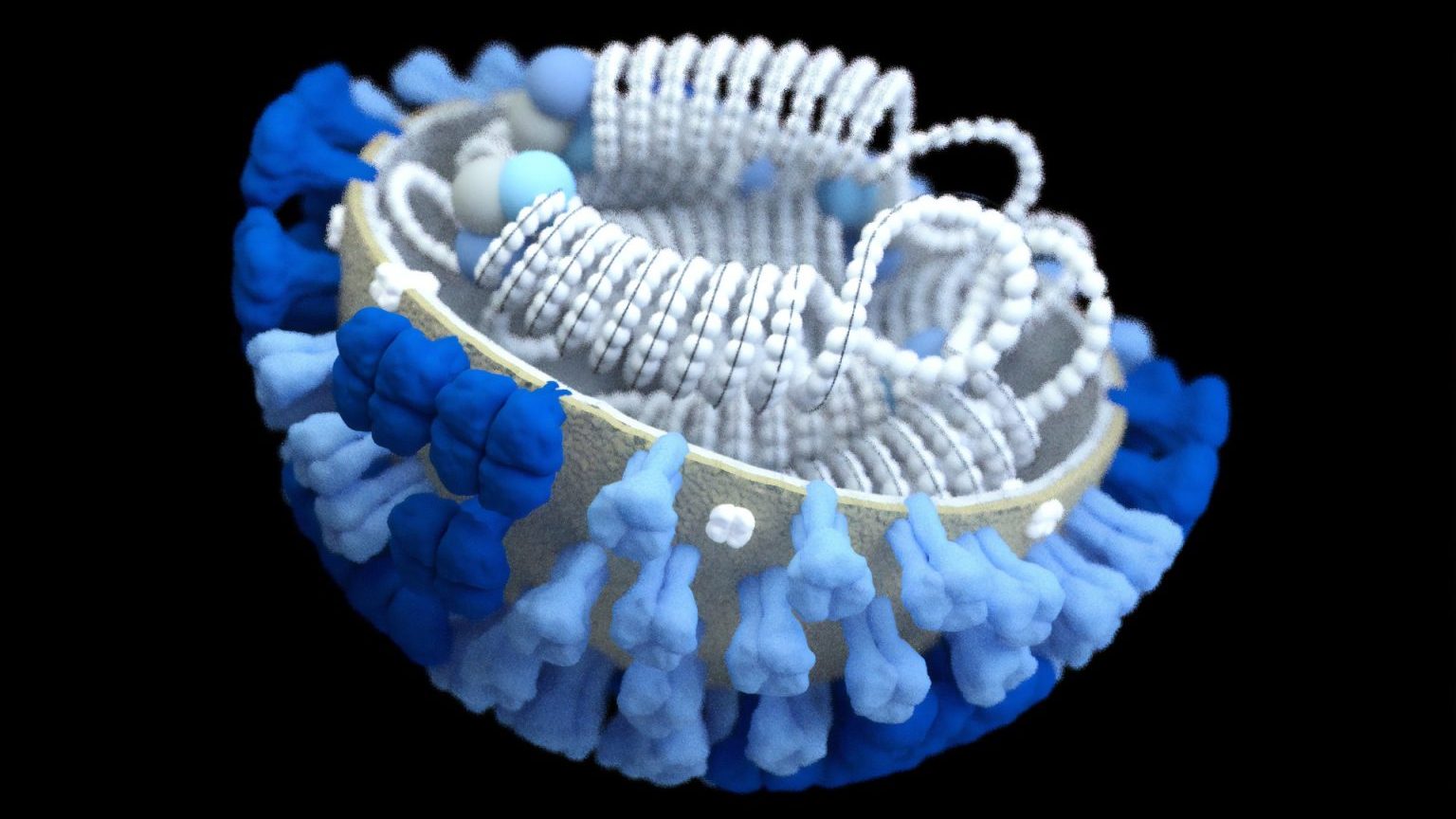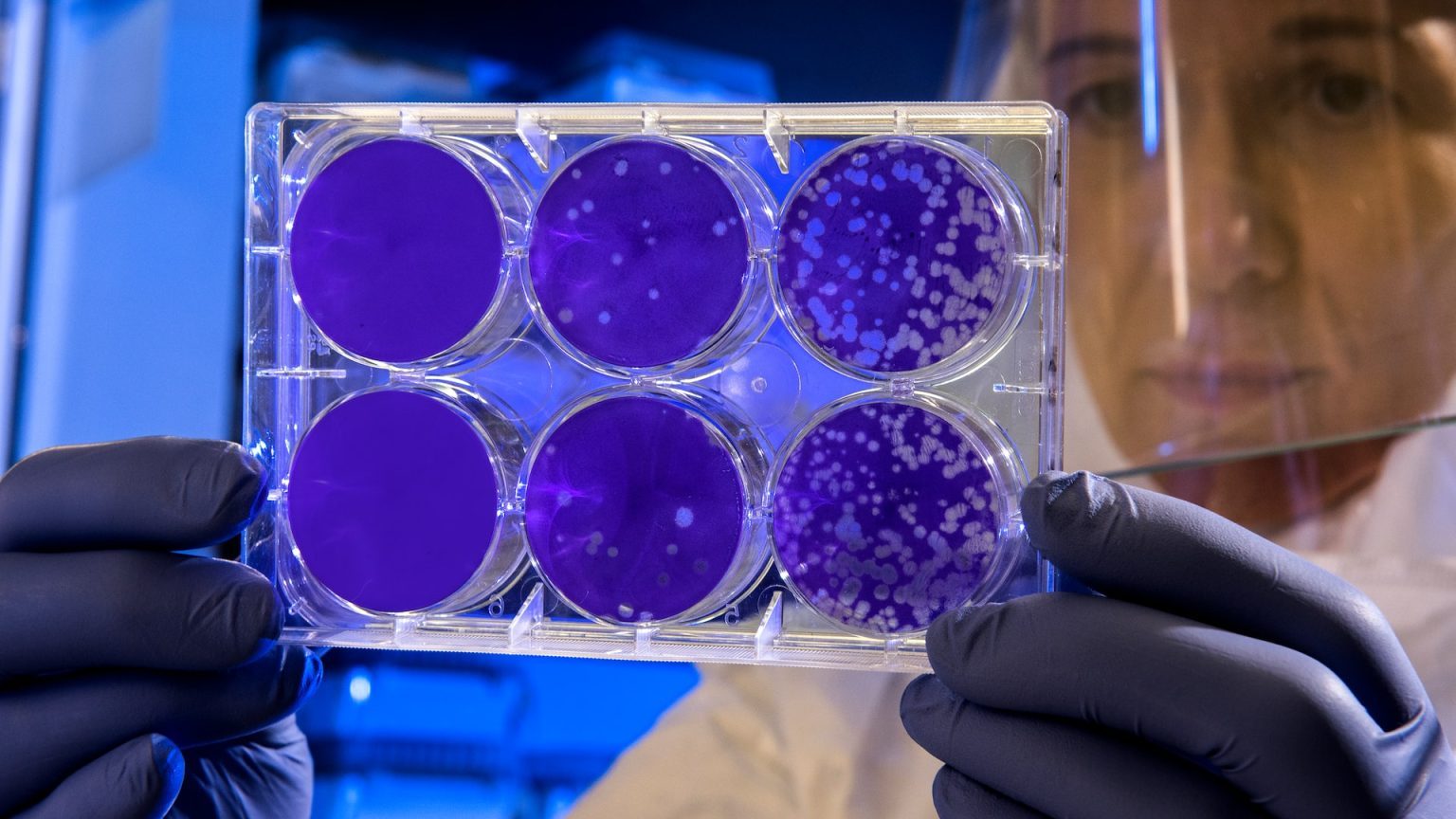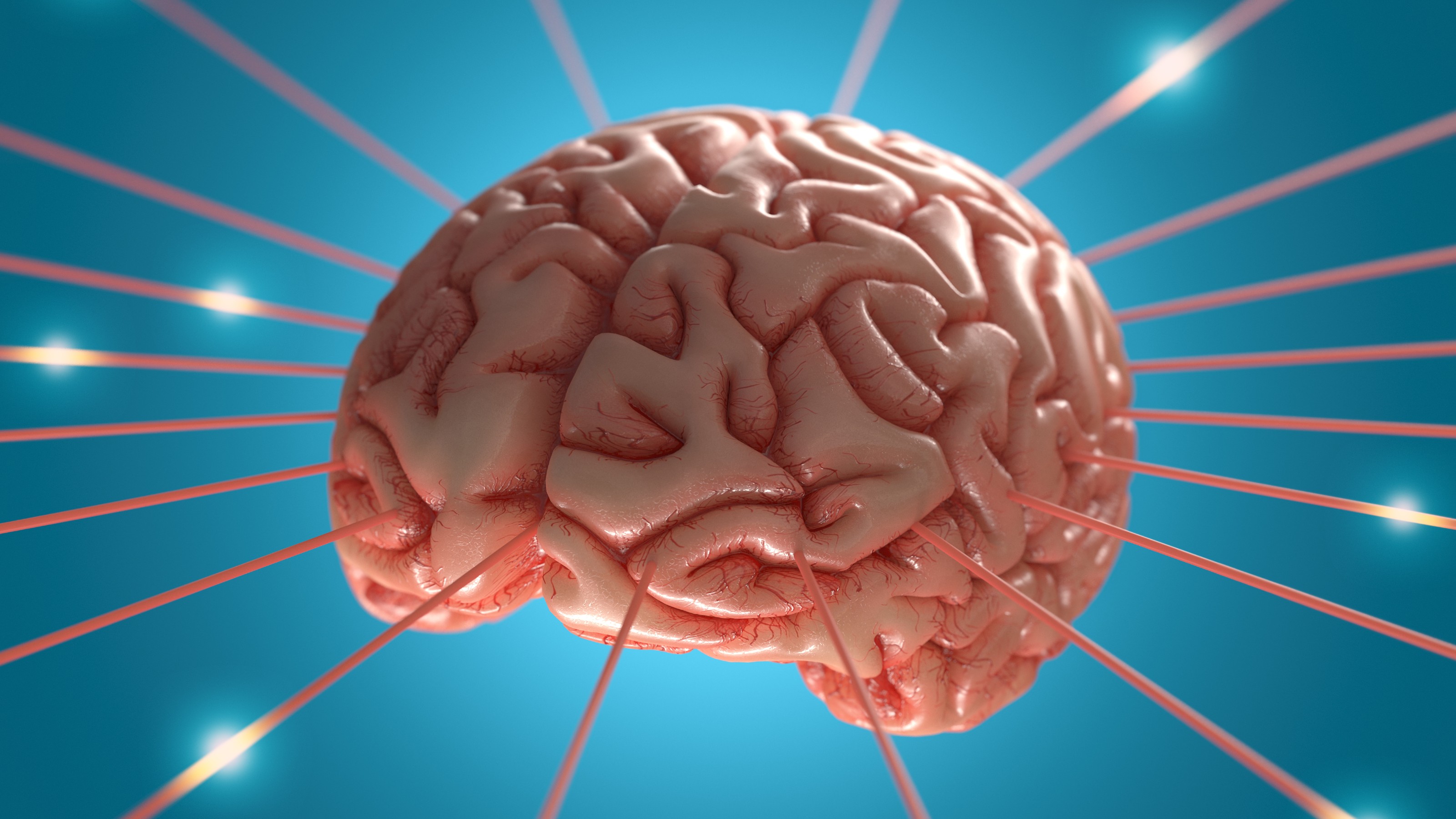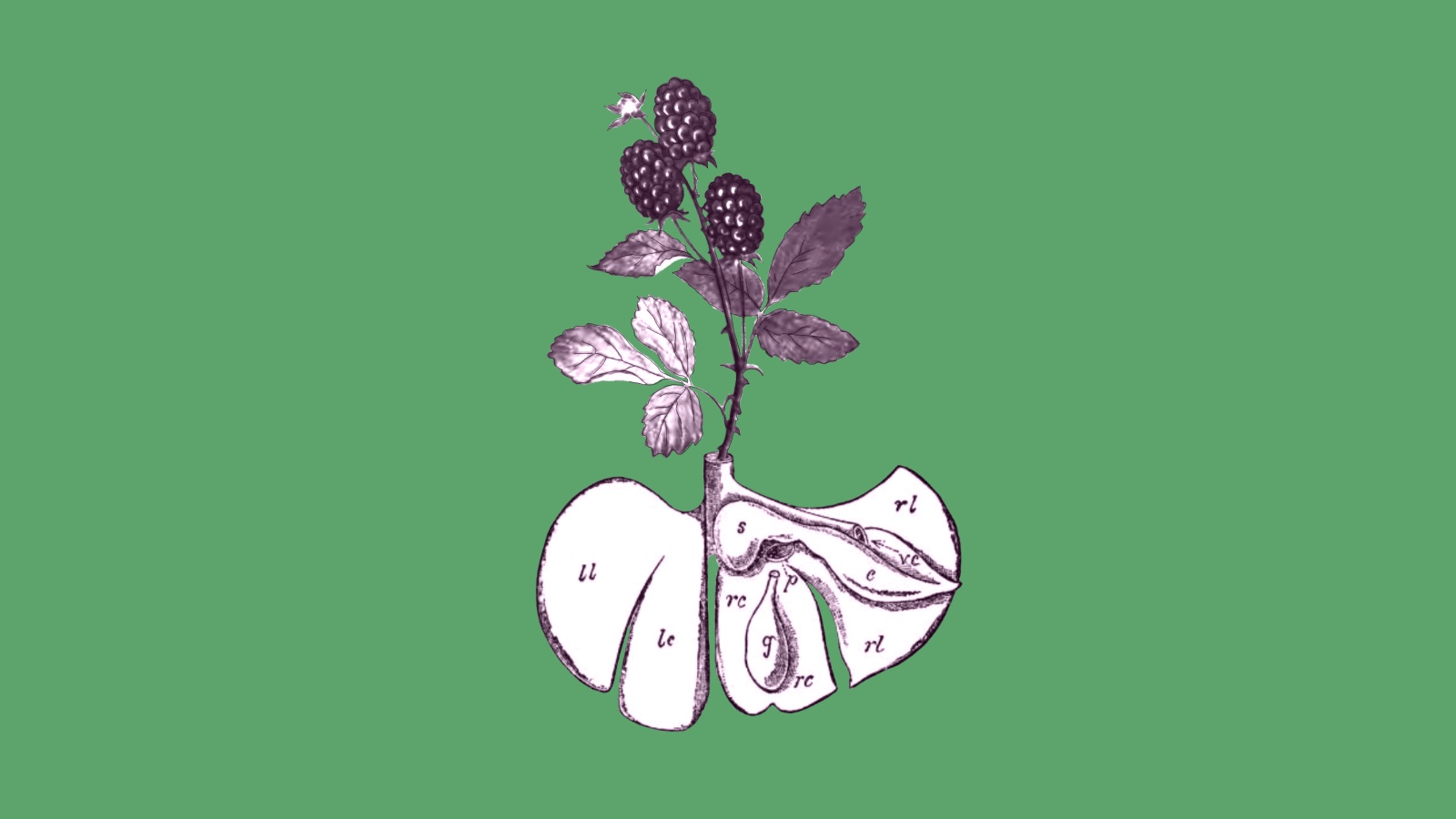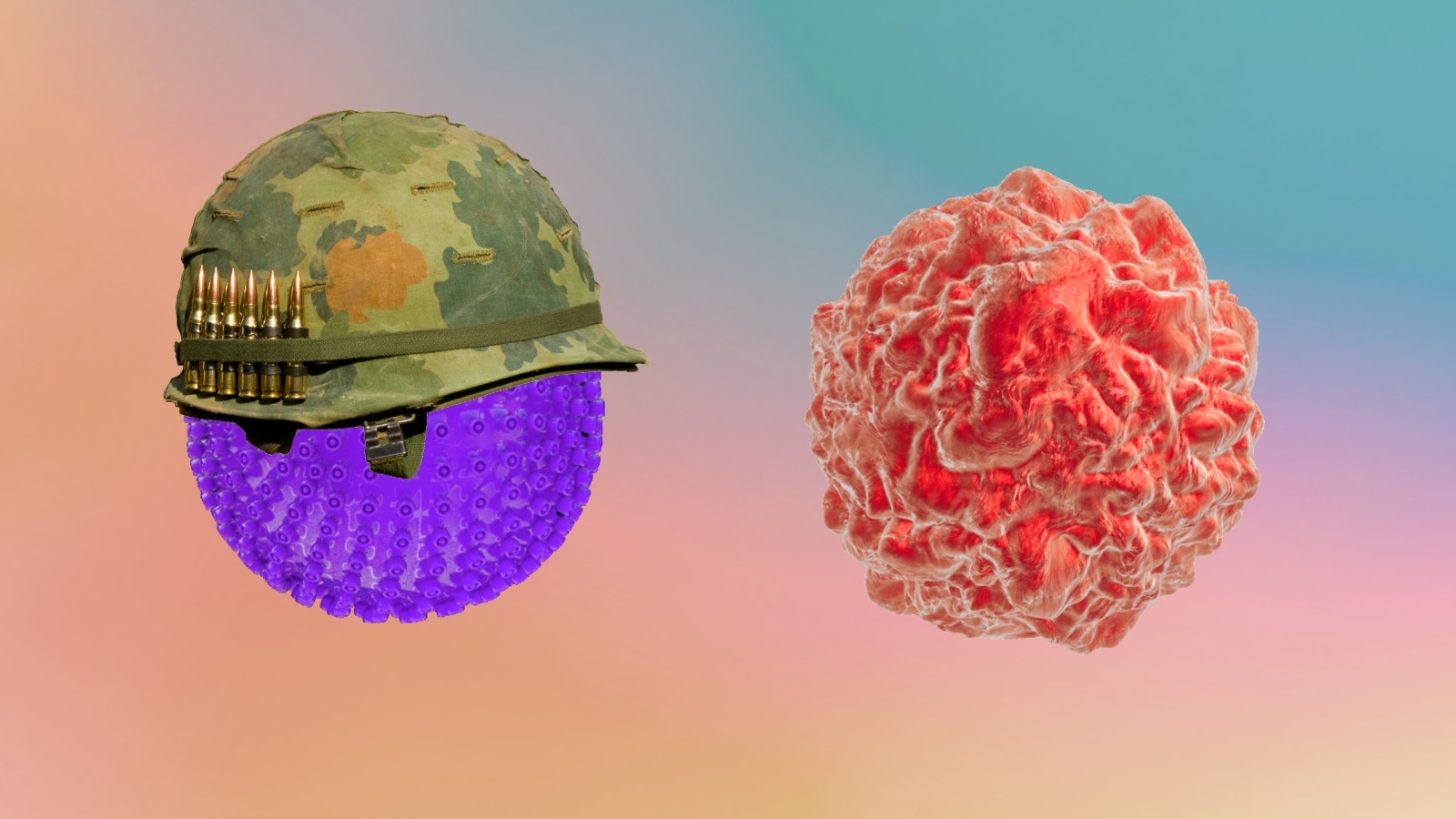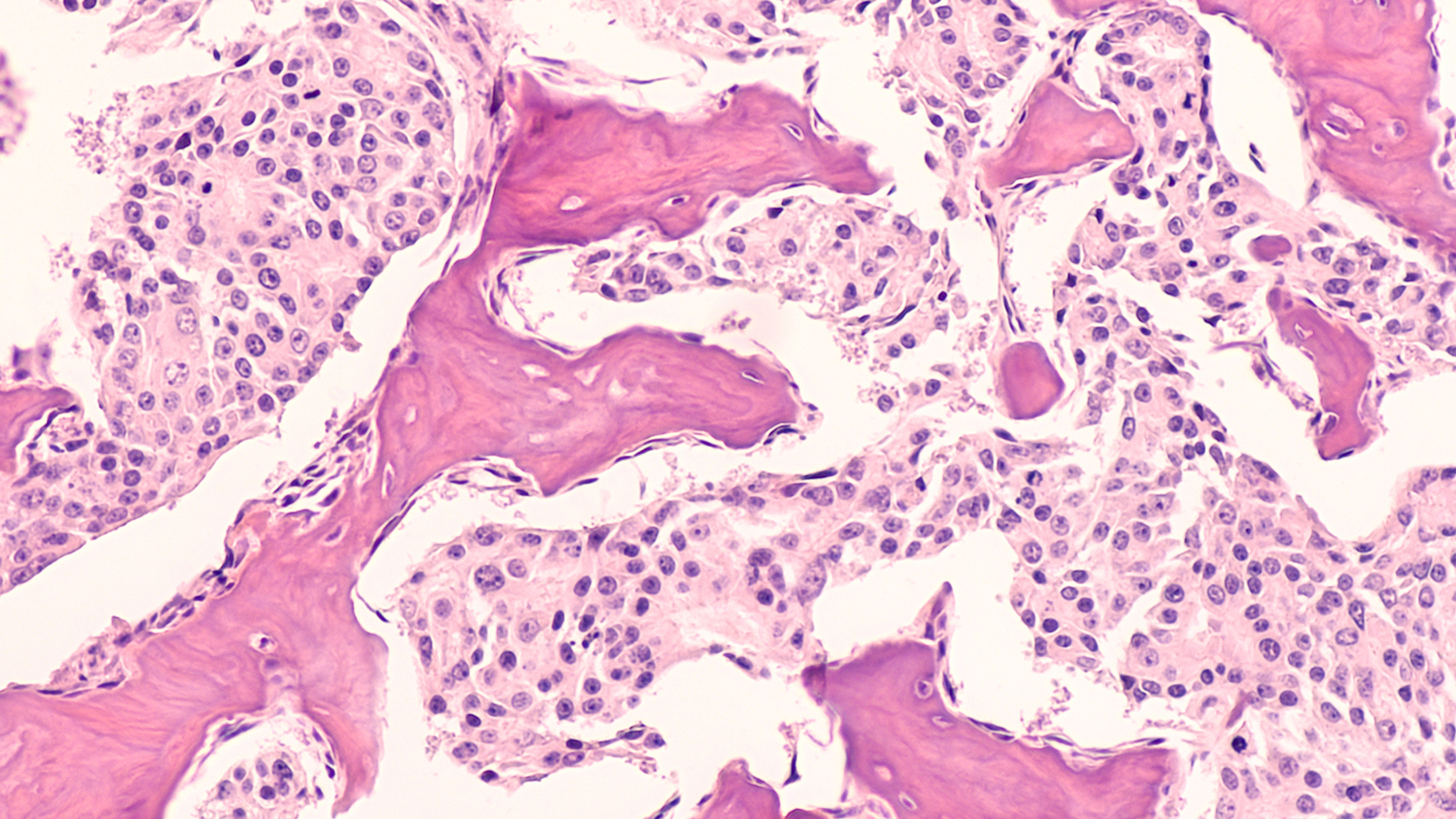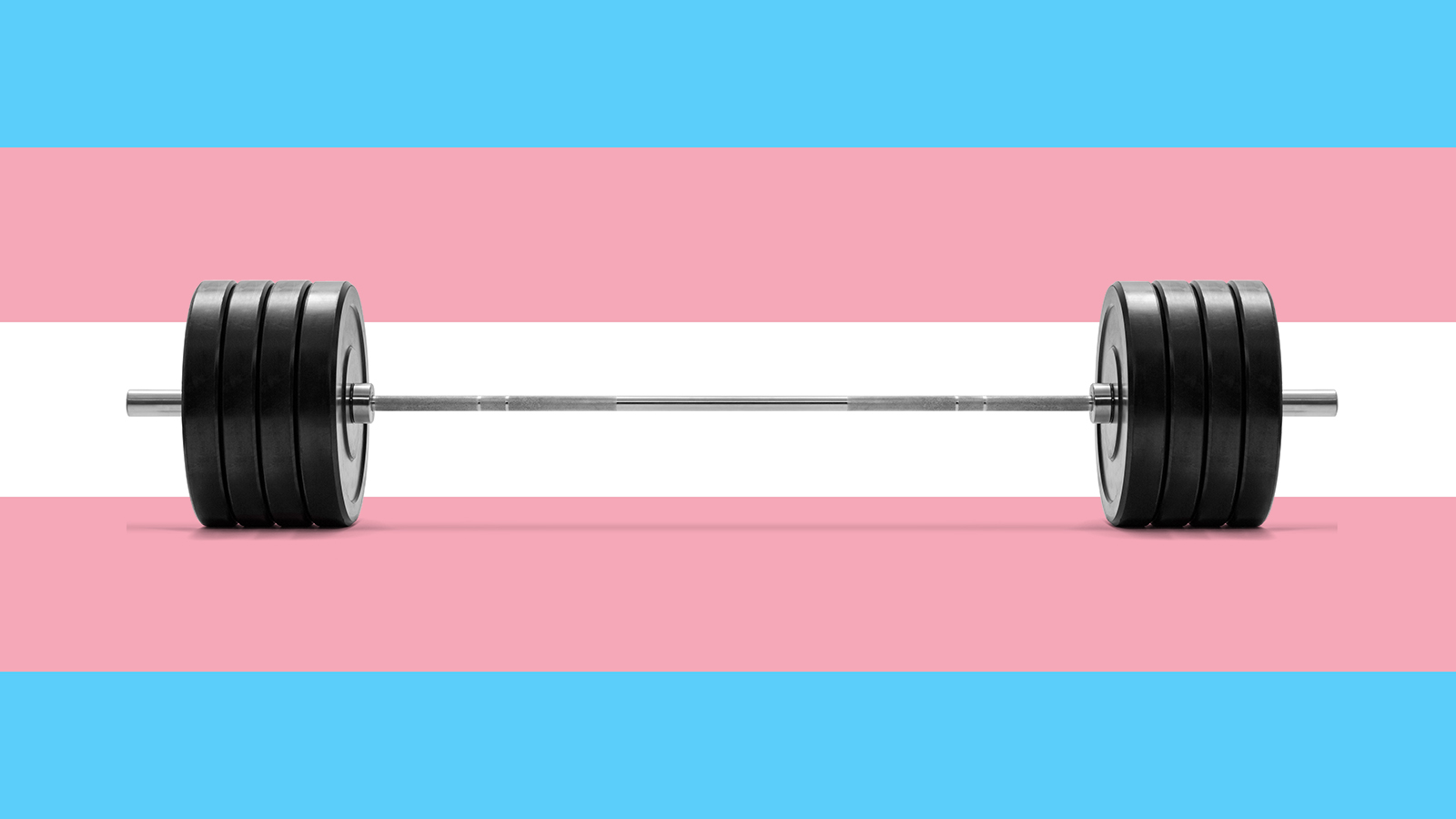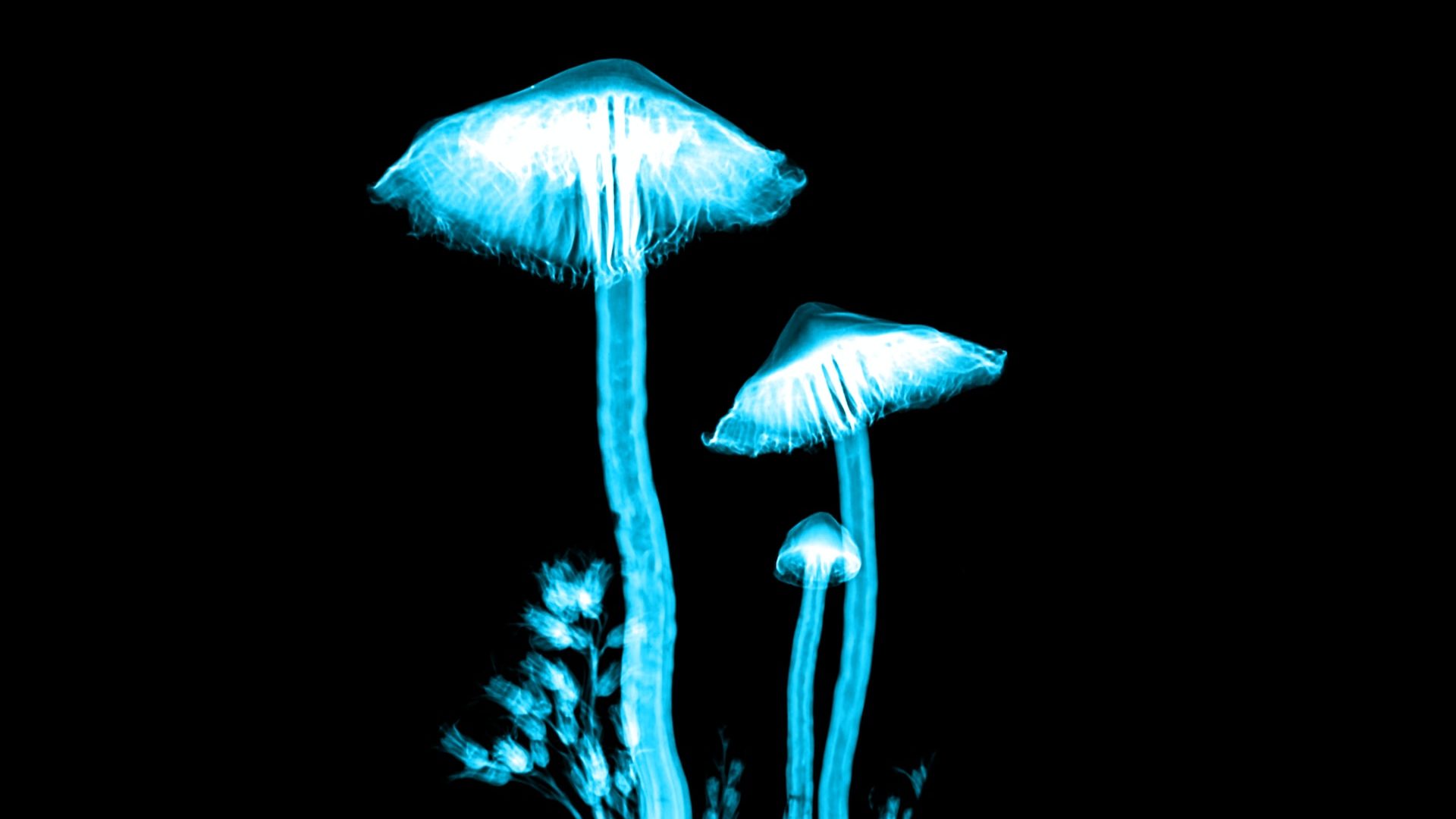Health
All Stories
The genes responsible for facial features may also influence behavior.
Mycobacterium leprae, the bacteria that cause leprosy, have the surprising ability to grow and reverse aging in armadillo livers.
Caffeine does something, but it’s not clear exactly what.
It weakens the bacteria so that the immune system can destroy it.
The potential new drug is in a class of its own, as it works differently than any other antidepressant on the market.
If everyone just showed up to their appointments, $150 billion of waste could be averted.
The cannabis plant produces both THC – the psychoactive component in marijuana – and the compound commonly known as CBD, which does not lead to a “high.”
Three years after the pandemic began, we still don’t know the origin of COVID. A strange lack of curiosity has stifled the debate.
Brown noise, the better-known white noise, and even pink noise are all sonic hues.
Years of shoddy research have overstated the risk.
A new study concludes that eating more carbohydrates reduces a person’s risk of major depressive disorder.
Paradoxically, some do it for erotic reasons.
The “love hormone” might be an unexplored treatment for Alzheimer’s disease and other forms of dementia.
There may be a faster, less-painful way to use radiation against cancer.
The president identified developing MCED tests as a priority for the Cancer Moonshot.
About 8% of our genome is made of leftover viruses from our ancestors’ infections.
Antibodies can start forming in intestines over 10 years before symptoms arise.
The answer may depend on your lifestyle.
Some patients wait over 5 years for a liver transplant.
A technique called targeted memory reactivation could improve common treatments for nightmare disorder.
Balancing realism and optimism in a dire situation is a key to success.
Oxytocin can boost heart cells’ ability to regenerate.
Black women are 3x more likely to die giving birth. Here’s one plan to fix that.
▸
7 min
—
with
Biotechnology can convert enemy viruses into anti-cancer mercenaries.
Most patients with cancer die from metastasis. Stopping it would be a major advance in cancer therapy.
The acceptance of fashionable nonsense is a threat to Enlightenment values and public health.
Even after a decade of hormone therapy, trans women are stronger and faster than cis women.
Which studies are actually worth the hype?
Based on product labeling claims, scientists hypothesized that green cleaners were less toxic. They were wrong.

